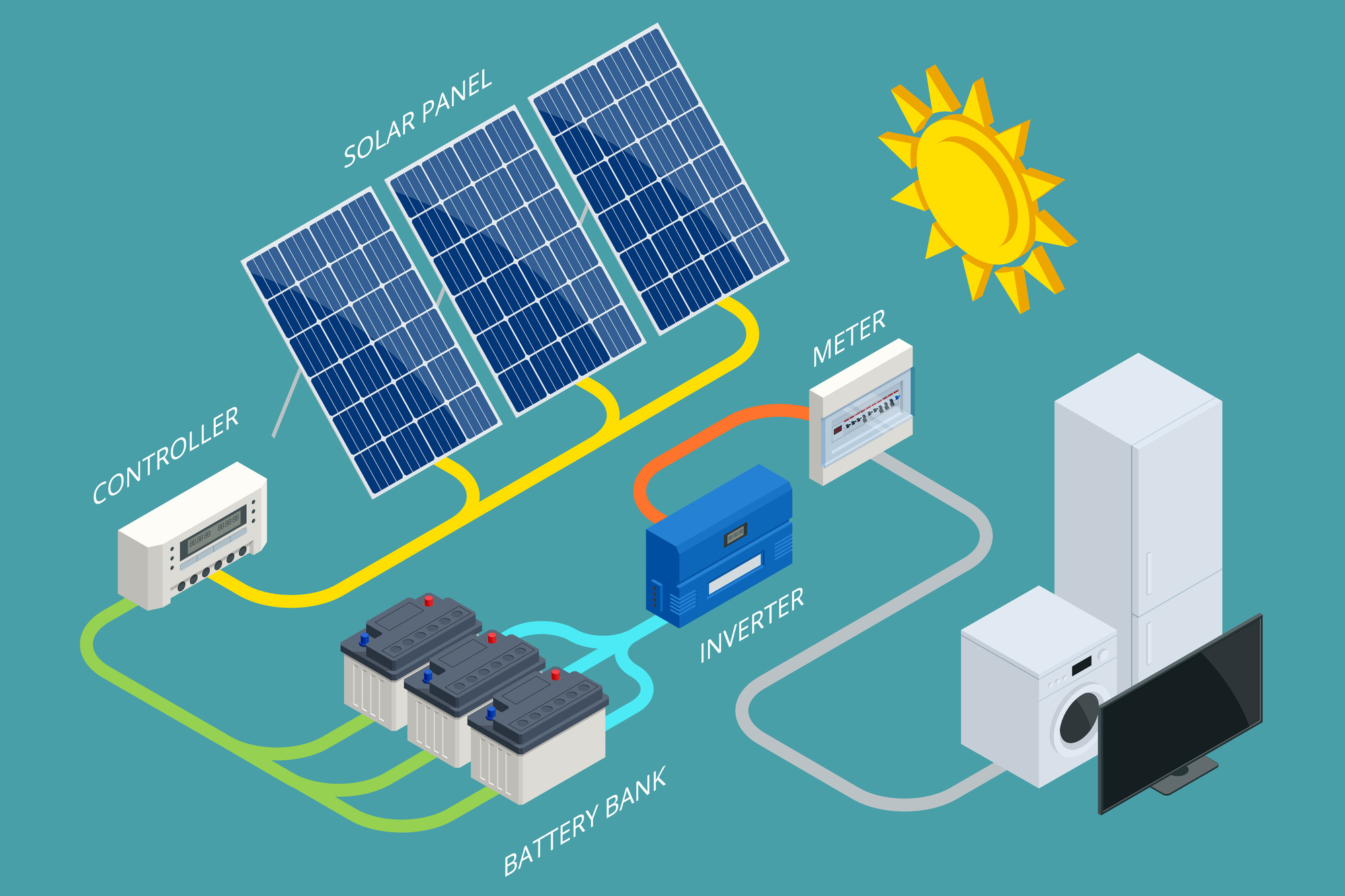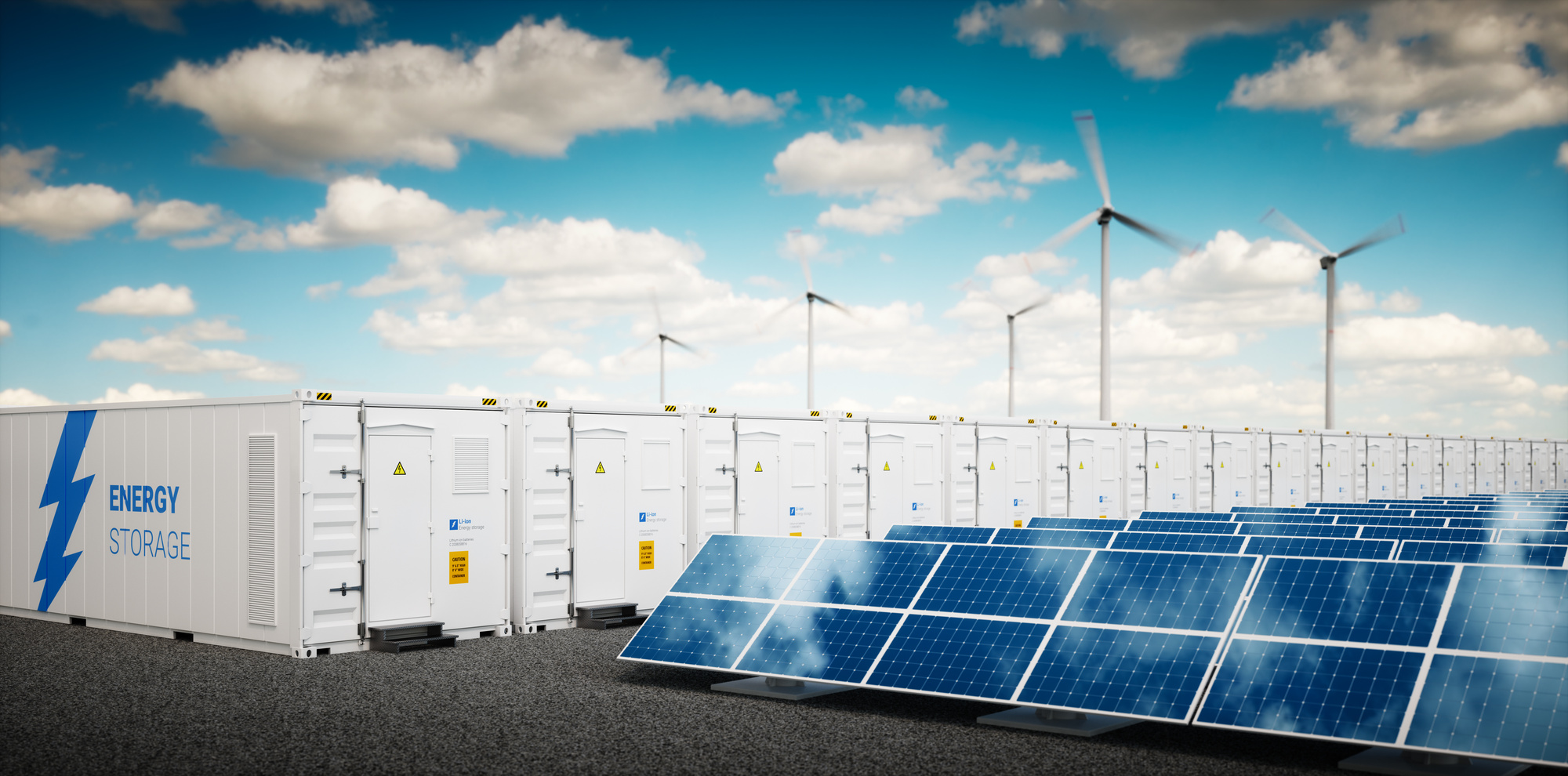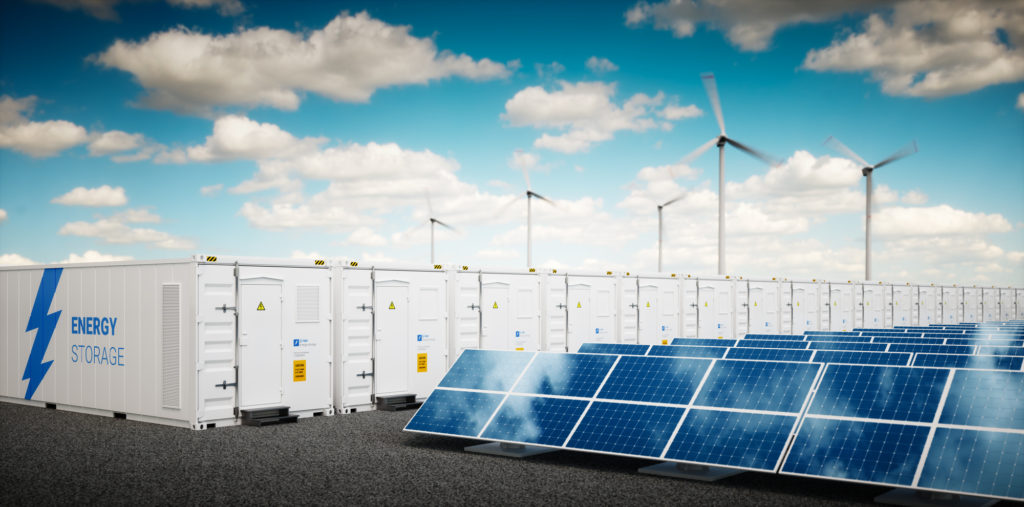Nowadays, many households and commercial spaces are prioritizing energy storage. The main reason for storing energy is to provide an alternative electrical supply and help reduce energy bills. It also serves as a backup in case of frequent power blackouts.
There are many energy storage solutions you can adopt for your needs. That’s why making a choice can be challenging. How, then, do you choose the right solution?
Here’s a guide to assist you:
Understand The Available Options
Knowing what’s available allows you to make an informed choice instead of settling for what’s available.
There are two main energy storage solutions, on-grid and off-grid systems. The on-grid system sources electrical power as electricity runs, while the off-grid system is independent of electricity. A common example of the latter is the solar panel. 
For both solutions, the primary storage compartment is a battery. You’ll find lithium-ion and lead-acid batteries as the common ones.
When it comes to choices, it’s best to work with an expert. Your chosen vendor can assist you in understanding the options and choosing the right one.
Look At The Battery Capacity
Battery capacity refers to the kilowatts it can hold. It’s important to consider it since it determines whether the energy storage solution will meet your energy needs.
Start by calculating your energy consumption. Your energy bills can help you get these figures. Get the average of three months’ worth of consumption. The average is the figure you should use to compare with the battery’s capacity.
Ensure your energy consumption is within the battery’s capacity. However, it’s also important to consider the battery’s round-trip efficiency—the amount of energy you can use from its capacity. In most cases, you can only use 80% of the battery capacity, not 100%. The 80% is what to compare with your energy consumption.
Besides monitoring your energy consumption, use battery software to determine the number of appliances a battery can power at once. If you need to power many appliances, get a high-capacity battery. Alternatively, get several small-capacity batteries that amount to what you need.
Factor In The Brand
Just like there are many energy storage solutions, there are many companies that manufacture these solutions. There’s a likelihood each of these companies has a different production technique to make batteries and other energy storage solutions. With this in mind, quality is often in question. Therefore, you must be wary of the brand you buy your preferred storage solution.
Consider identifying top brands in the industry and compare them. Find out their reputation from online sources. Reviews from previous and current clients will also come in handy since they’ve experienced the products. The feedback will more or less be legitimate. With this insight, settle for a brand with a good reputation and more positive reviews than negative ones.
Look At Costs
Cost is important to consider when investing in an energy storage solution. The aim is not to spend a fortune to acquire it. There are various cost aspects to consider.
One is the purchasing price. Different solutions differ in pricing due to the technology in use, performance features, and the vendor from whom you buy the storage solution.
The other costs relate to installation and maintenance. The more complex a system is to install, the more costly it’ll be. You’ll need extra labor or workers with skills for the job, who are more expensive to hire.
Maintenance costs touch on the long-term use of your energy storage solution. Your lithium-ion battery will need replacement every five to fifteen years. The solar panels also need checking to ensure they’re functioning effectively. These are some of the maintenance needs; they can be extensive, depending on your chosen solution.

The importance of factoring in maintenance when considering costs is that these needs are recurrent and need financing. You might also need to hire an expert to help you maintain them. It’d help to choose an energy storage solution from a brand or vendor that offers a warranty that includes maintenance. The warranty reduces maintenance costs significantly since the services are often free.
Ultimately, the purchasing, installation, and maintenance costs should be affordable. However, in search of affordability, don’t compromise quality. Otherwise, you’ll end up spending more in the long run.
Conclusion
Energy storage is a beneficial investment for property owners, with benefits that touch on cost savings and sustainability. The discussion above guides on finding an ideal energy storage solution. As you adopt this sustainable practice, consider implementing the tips on getting the right solution.






